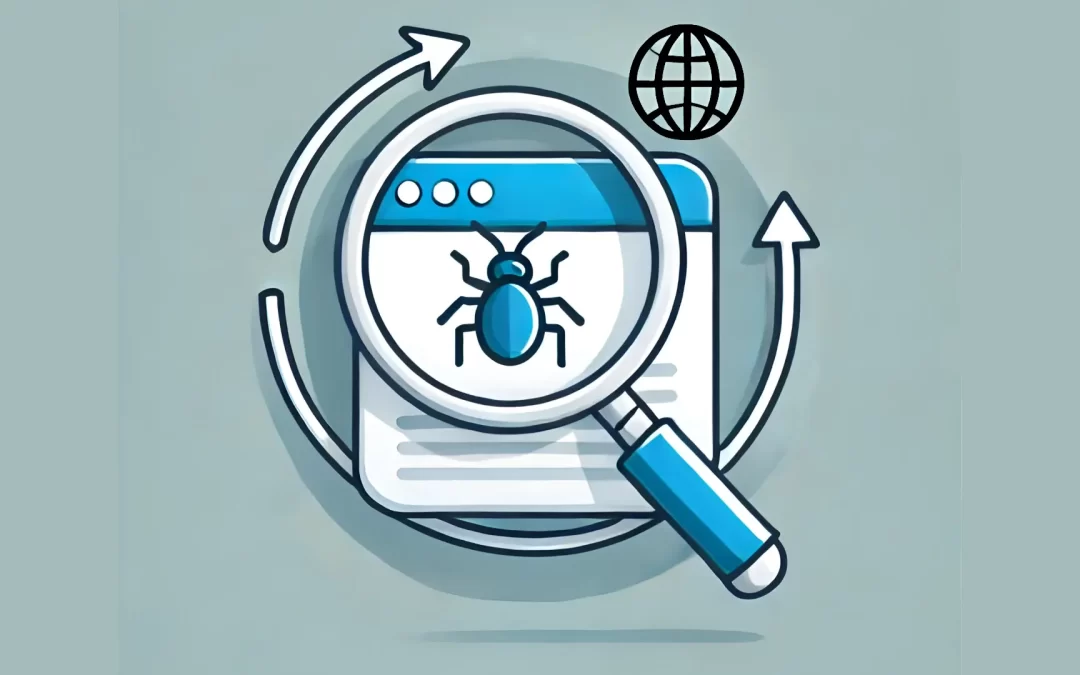As businesses strive to climb the search engine rankings, staying on the right side of Google’s policies is critical. Recently, Google has intensified its efforts to combat “parasite SEO”—a manipulative tactic where irrelevant or low-quality content is hosted on reputable sites to boost rankings. These changes are shaking up the digital landscape, and understanding their implications is crucial for maintaining a solid and ethical SEO strategy.
In this blog, we’ll explain parasite SEO, recent policy updates, and how businesses can protect themselves while achieving sustainable SEO success.
What is Parasite SEO?
Parasite SEO is a black-hat tactic where individuals or businesses exploit high-authority domains (like news sites, forums, or directories) to publish irrelevant content embedded with their own backlinks. This approach attempts to manipulate Google’s algorithms by leveraging the authority of these sites to artificially boost rankings for unrelated keywords.
Imagine a reputable travel blog that typically publishes content about destinations, travel tips, and itineraries. A spammy article titled “How to Make $10,000 a Month with Crypto Trading” is published on this site, filled with irrelevant links to dubious cryptocurrency platforms. This content has no relevance to the blog’s niche or audience and is clearly intended to exploit the site’s authority to boost the ranking of the crypto links.
While this may temporarily help the linked crypto platform rank higher, it damages the credibility of the travel blog and violates Google’s policies. As a result, both the spammy article and the host site could face penalties, such as lower rankings or removal from search results.
Google’s Recent Policy Updates
In response to growing concerns from publishers and users, Google has rolled out new measures to tackle parasite SEO. These updates include:
- Improved Detection Algorithms
Google’s AI-driven algorithms are now better equipped to detect irrelevant or low-quality content, even on high-authority domains. - Stronger Penalties for Host Sites
Websites that allow parasite SEO content could see their domain authority and rankings drop significantly, as Google now holds publishers accountable for hosting irrelevant material. - Enhanced User Experience Signals
Google is placing greater emphasis on user satisfaction. Content that attracts high bounce rates or fails to engage users is more likely to be flagged. - Focus on Contextual Relevance
Google’s algorithms now prioritise context. If the content doesn’t align with the website’s niche, it risks being deindexed or penalised.
How Does Parasite SEO Impact Your Business?
If your business has unknowingly benefited from parasite SEO tactics or outsourced SEO to an agency using questionable practices, these policy updates could result in:
- Ranking Drops: Pages boosted by unethical backlinks may see a sudden decline in rankings.
- Reputational Damage: Users and search engines alike may view your brand as untrustworthy.
- Lost Revenue: Reduced visibility often leads to fewer leads and sales, especially for eCommerce businesses.

Best Practices for Ethical and Effective SEO
Your business must align its SEO strategy with Google’s guidelines to stay competitive and avoid penalties. Here’s how:
- Audit Your Backlinks
Analyse your backlink profile using tools like Google Search Console or Ahrefs. Disavow any low-quality or spammy links that could harm your rankings. - Focus on High-Quality Content
Publish relevant, engaging, and valuable content that resonates with your target audience. Avoid shortcuts or relying on irrelevant domains to boost visibility. - Work with Transparent SEO Agencies
Partner with agencies that prioritise ethical practices and provide clear reporting on their strategies. Avoid agencies that guarantee instant results or use vague tactics.
— Partner with us for ethical, results-driven SEO services. — - Leverage Contextual Relevance
Ensure all backlinks come from reputable websites in your industry. For example, a link from an industry blog is far more valuable than a link from an unrelated site. - Monitor Performance Regularly
Keep an eye on your rankings, traffic, and engagement metrics. Sudden changes could indicate penalties or the need for adjustments.
How Next Digital Agency Can Help
At Next Digital Agency, we specialise in sustainable SEO strategies, prioritising your long-term success. We stay ahead of Google’s updates to ensure your business remains compliant and competitive. Our services include:
- Comprehensive backlink audits to identify and resolve harmful links.
- High-quality content creation tailored to your audience and industry.
- Transparent reporting and data-driven insights to measure success.
- Ethical SEO practices designed to build trust with both users and search engines.
Final Thoughts
Google’s crackdown on parasite SEO is a wake-up call for businesses and publishers alike. While black-hat tactics might offer short-term gains, they come with long-term risks. By focusing on ethical SEO practices, your business can achieve sustainable growth while avoiding penalties.
Don’t let outdated or unethical strategies jeopardise your online presence. Contact us today to learn how we can optimise your SEO strategy and help your business thrive in a changing digital landscape.



Recent Comments